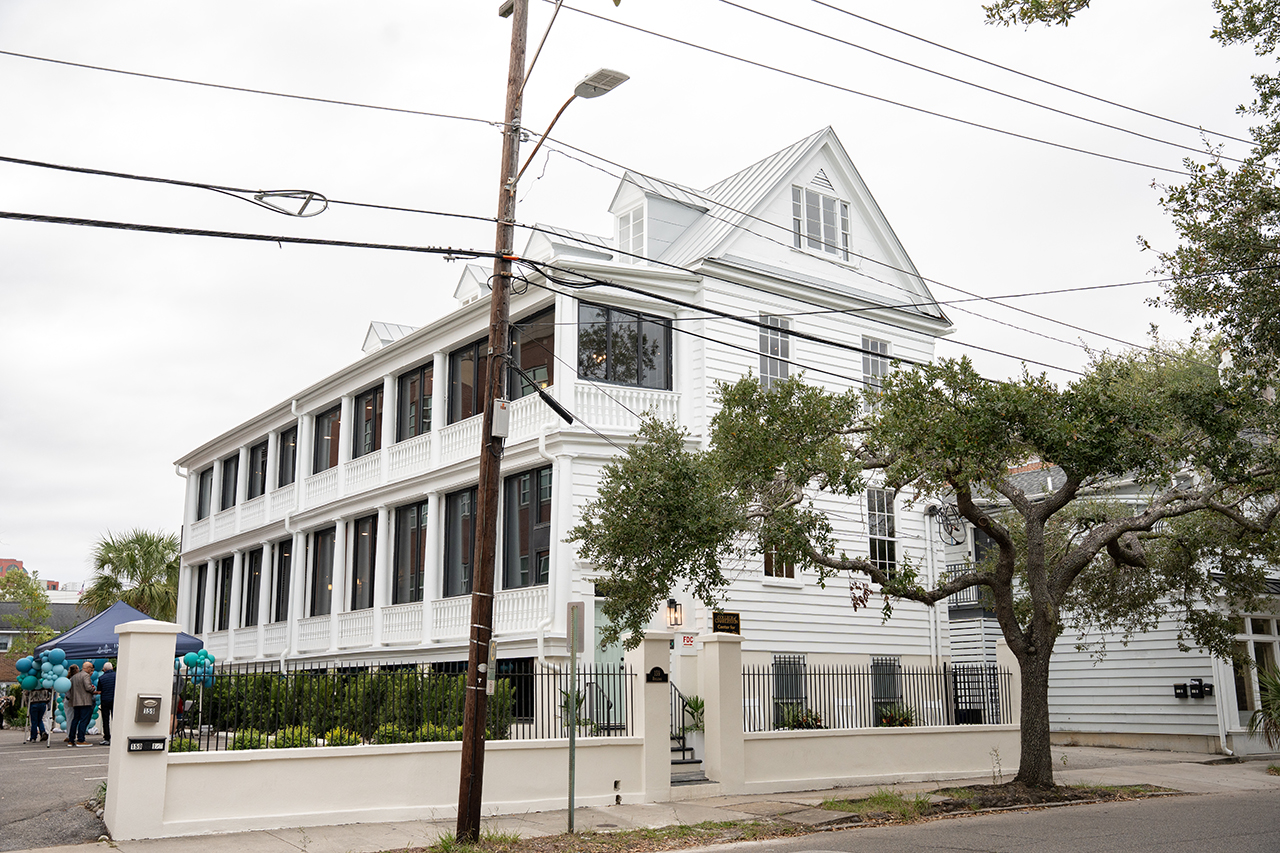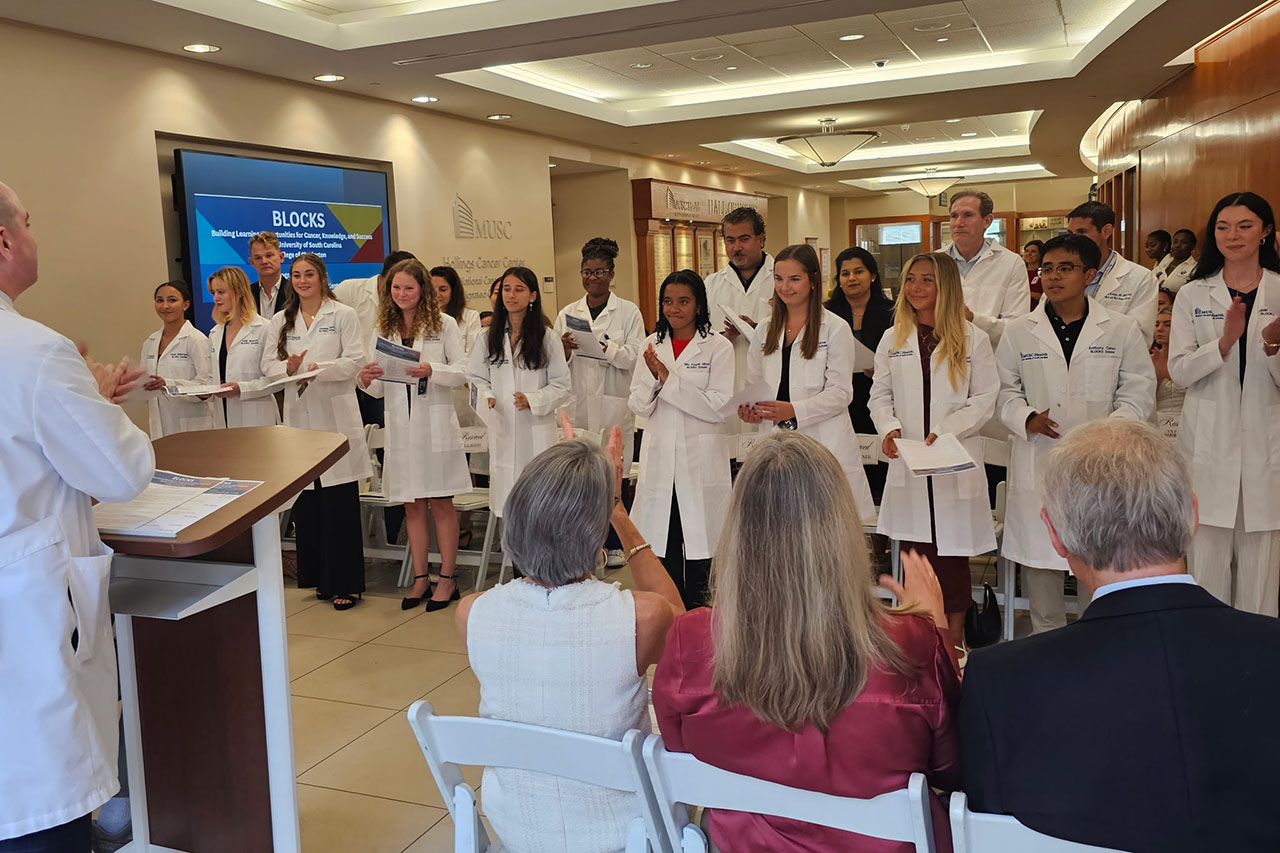CofC Professor Explores Ways to Resist, Combat Misinformation
Public health professor Shaon Lahiri has published an article for The Conversation about how misinformation lends itself to social contagion.

Above: Misinformation on social media has the potential to manipulate millions of people. Pict Rider/iStock via Getty Images Plus
Shaon Lahiri, assistant professor in the College of Charleston Department of Public Health Sciences and Administration, has published an article in The Conversation exploring how misinformation behaves like a virus, exploiting social connections and emotional responses to spread rapidly. He says that, by recognizing it, we can resist misinformation and reduce the risk and impact of false narratives.
As a social and behavioral scientist within the field of public health, Lahiri studies how individual behaviors are influenced by prevailing social norms and social network processes, and this includes the spread of harmful content that can shape behavior negatively. He draws parallels between mass psychogenic illness and misinformation: Both can spread rapidly through social networks, even though one is physical and the other is informational.
“Mass psychogenic illness is not misinformation, but it gives researchers like me some idea about how misinformation spreads,” Lahiri writes. “Social connections establish pathways of influence that can facilitate the spread of germs, mental illness and even behaviors. We can be profoundly influenced by others within our social networks, for better or for worse.”
In the article, Lahiri outlines ways in which we can combat the effects of misinformation, including (1) “predebunking,” building mental resilience and teaching people to recognize manipulation tactics; (2) resistance skills training and group reinforcement, helping reinforce critical thinking and skepticism norms; and (3) “booster shots,” maintaining the skills learned in resistance training periodically.
“In the end,” he writes, “whether we’re empowering people to resist the insidious creep of online falsehoods or equipping adolescents to stand firm against peer pressure to smoke or use other substances, the research is clear: Resistance skills training can provide an essential weapon for safeguarding ourselves and young people from harmful behaviors.”
Read the complete article on The Conversation.



